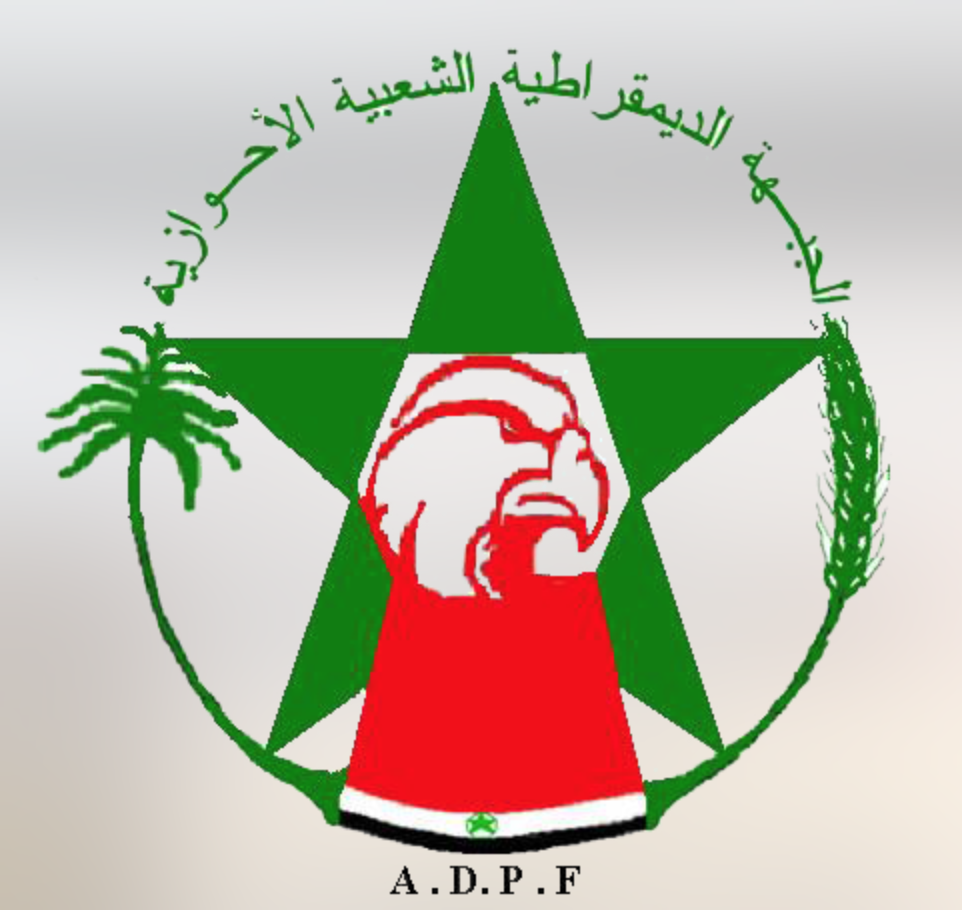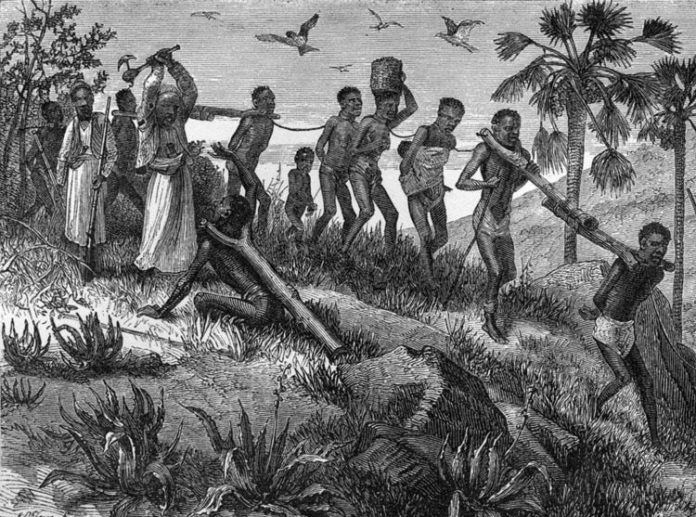Iran: Bourgeois Slavery Chapter
In slave society, a person had direct and material control over a person. The master owned the servant, and the latter could not do anything without the master allowing him to do so, including marriage … etc.
However, the bourgeoisie changed the form of slavery and preserved its essence, that is, the control of man, over man. The problem with this is a new slave society in terms of form. Instead of being directly possessed by man, the bourgeoisie may possess man indirectly, by possessing all means that make man free and able to continue in life. A person needs the whole to ensure his continued existence, except that eating requires the presence of land and agriculture, which also requires machinery and means of production, except that the land and means of production are not the property of society but are individual property, and in this way the non-owner is an actual follower of the owner.
The widespread violation of human rights by the Iranian regime confirms that Tehran is not bound by any of the articles of the Universal Declaration of Human Rights, which saw the light in 1948.
The people in Al-Ahwaz are deprived of their basic rights guaranteed by international covenants … and the Iranian regime continues its “terrible violations of human rights.
These violations target all sectors of society, whether they are prisoners, activists, professors, students, journalists or politicians.
An overview of the record of violations of the Iranian regime during 2019, based on the annual report of the Ahwazi Center for Human Rights:
1 – Freedom of expression and suppression of activists: Iranian authorities “crushed” freedom of expression in Al-Ahwaz, prohibiting the establishment of associations and organizing demonstrations, as it berated protesters and imprisoned activists. The Ahwazi Center for Human Rights also observed a wave of repression targeting human rights defenders and women’s and civil rights activists.
At least 54 Al-Ahwazi citizens were assassinated during this period, while the number of detainees during the year 2019 (348 detainees), noting that they do not enjoy their basic rights, such as denying them access to legal representation.
2- Torture: Torture, beatings, and taunts during interrogations have become common practices in Al-Ahwaz. Many detainees were tortured to death, while many others faced ill-treatment such as prolonged solitary confinement, beatings with cables, and sexual torture.
3- Unfair Trials: Most Iranian courts fail to conduct fair and equitable trials, as they claim to extract confessions under torture and pressure. Many prisoners are prevented from using the services of lawyers.
4- Prisons: Thousands of prisoners in various prisons in Iran face bad humanitarian and health conditions, such as beatings by security personnel, violence between prisoners, overcrowding, feeding them from the remains, and lack of ventilation.
5- Discrimination against women: Women experience a lot of discrimination and inequality in a number of matters, such as divorce, employment, inheritance, and the criminal and family law. The regime arrested 220 women prisoners in 2019.
The Iranian government, although it is a state party to four of the six major human rights treaties, the
International Covenant on Civil and Political Rights, the International Convention on the Elimination of All Forms of Racial Discrimination, the International Covenant on Economic, Social and Cultural Rights and the Convention on the Rights of the Child, and despite its claim to implement those treaties, iran is violating all of them.
The Iranian regime confiscates rights and freedoms in all their forms in violation of all humanitarian and international standards, practices organized repression of political opponents, freedom of speech, freedom of expression and thinking, oppresses women and their rights, and practices torture in public and secret prisons in a systematic and contrary to international laws. There are serious violations of the rights of citizens in Iran on the basis of race, religion and gender that amount to international crimes.
Religious, political and intellectual rights and freedoms are in great crisis under the rule of the mullahs in
Iran and have sounded the alarm, especially after trials against political opponents and executions carried out in a heinous manner that contradicts internationally known human rights norms.
The continuation of this aggressive approach from Iran, and the repeated violations thereof, and its insistence on acquiring a nuclear weapon threatens peace, security and stability in the region and the world, which requires international intervention to put an end to these crimes in accordance with the
United Nations Charter.
Fouad Alahwazi










